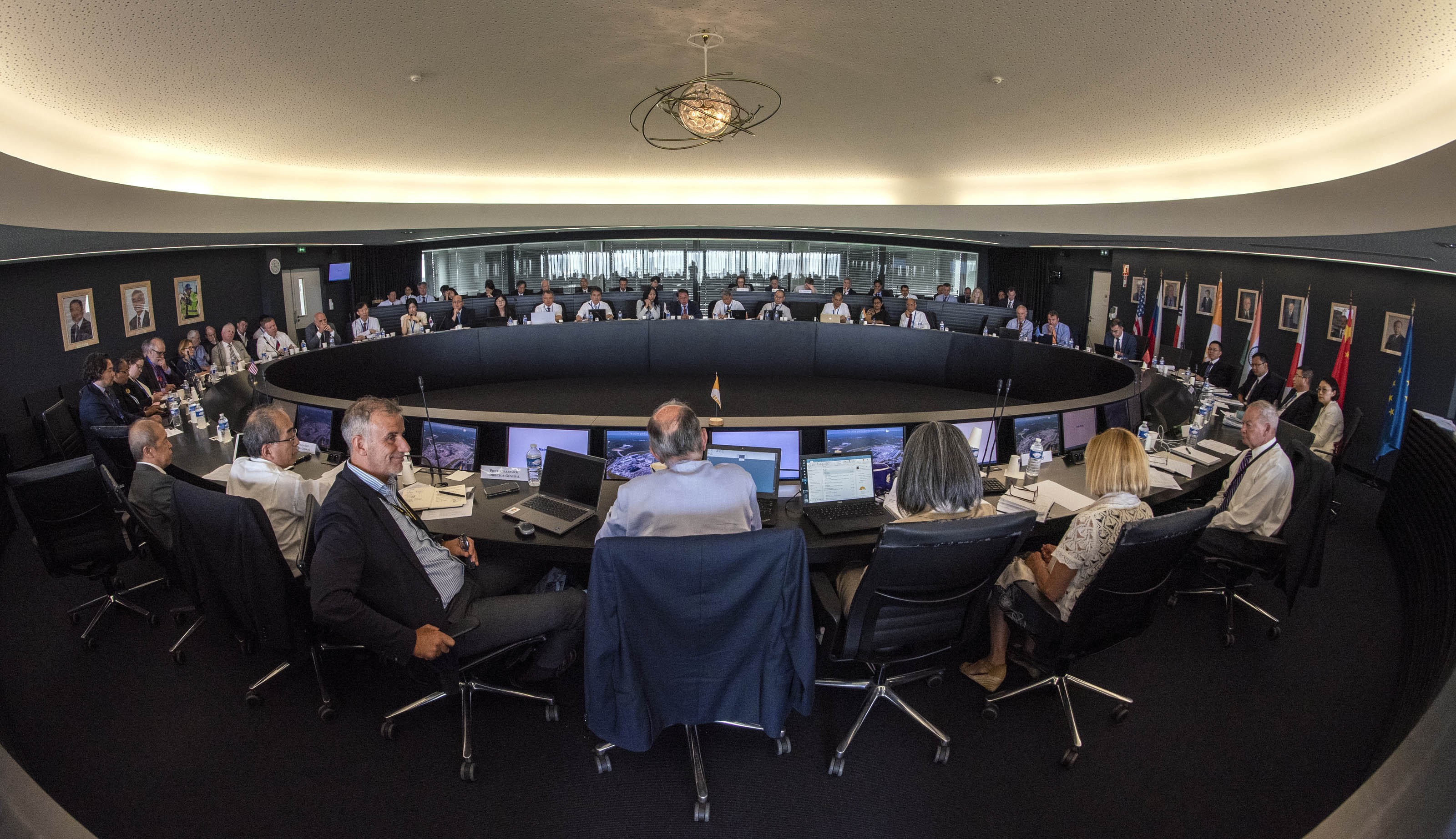 The International Thermonuclear Experimental Reactor (ITER) Council has postponed for a year any announcement on its updated timeline for the project but proposed a number of other changes to the programme.
The International Thermonuclear Experimental Reactor (ITER) Council has postponed for a year any announcement on its updated timeline for the project but proposed a number of other changes to the programme.
ITER – under construction at Saint-Paul-les-Durance in southern France – is a first-of-a-kind global collaboration to construct the world’s largest tokamak based on magnetic confinement technology.
It is funded mainly by the European Union (45.6%) with the remainder shared equally by China, India, Japan, Korea, Russia and the USA (9.1% each). However, in practice, the members deliver little monetary contribution to the project, instead providing ‘in-kind’ contributions of components, systems or buildings. In November 2022, Pietro Barabaschi Barabaschi, who was appointed director general two months earlier, announced that defects had been identified in two key tokamak components, the thermal shields and the vacuum vessel sectors. He warned that the consequences on schedule and cost ''will not be insignificant''.
ITER's previous target was to create the plasma by 2025 but Barabaschi said it would have to be postponed, adding that the date "wasn't realistic in the first place” even before the problems were identified. One problem, he said, was incorrect sizes for the joints of blocks to be welded together for the installation's 19 x 11 metre chamber. The second was traces of corrosion in a thermal shield.
Fixing the problems "is not a question of weeks, but months, even years," he noted.
He said then that a new timetable will be worked out by the end of this year, including some modification to contain the expected cost overrun, and to meet the French nuclear safety agency's security requirements. However, it seems that this was over optimistic.
The Council, at its 32nd Meeting on 21-22 June 2023, requested Barabaschi to continue moving forward expeditiously with preparation of the updated project baseline proposal for review.
As to updating the project baseline, discussion mainly focused on the joint efforts of the IO, DAs and selected external experts “to propose an optimised, reliable cost and schedule baseline for Council consideration”. These efforts include:
- Recovering from past delays incurred due to the Covid-19 pandemic and technical challenges in completing First-of-a-Kind components;
- Finalising strategies and supplier contracts for repairs to key components;
- Close and effective engagement with the French regulator, Autorité de Sûreté Nucléaire (ASN), regarding their questions related to the machine assembly “hold point,” and ensuring mutual alignment on the way forward;
- Setting clear, scientifically and technically meaningful milestones along the way to full nuclear operation “that effectively and transparently communicate the progress of the ITER Project”;
- Considering strategies to offset future risks, including in particular the use of ITER’s completed cryogenics plant, following commissioning, for additional testing of toroidal field coils prior to installation;
- Proposing a change to the plasma-facing ‘first-wall’ material from beryllium to tungsten; and
- Planning for an “Augmented First Plasma”, to “enhance the scope and scientific value of ITER’s first experimental campaign”.
ITER said these efforts will facilitate its capacity to provide the required safety demonstration to the regulator, and “will compress the previously envisioned staged approach to reach ITER’s scientific goals as rapidly as possible”. The Council also took note of the Director-General’s efforts, supported by the DAs, to achieve more agile project management
At the request of the Director-General, the Council agreed to examine the feasibility of certain adjustments to project governance, in particular to strengthen the project’s capability to control the quality of its supply chain. The Council noted the ongoing challenges facing the project and appreciated that all ITER Members continue to meet their in-kind and in-cash commitments to support project success.
Image: Meeting of the ITER Council (courtesy of ITER)



